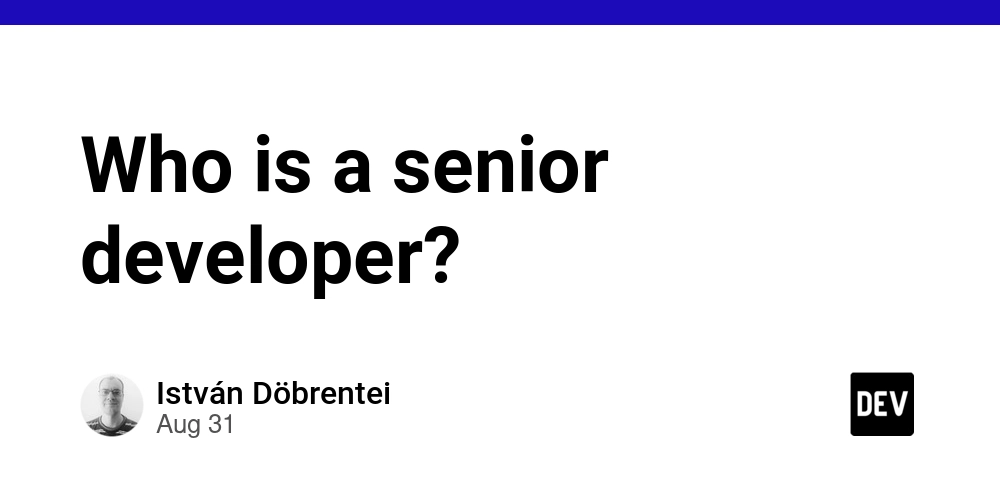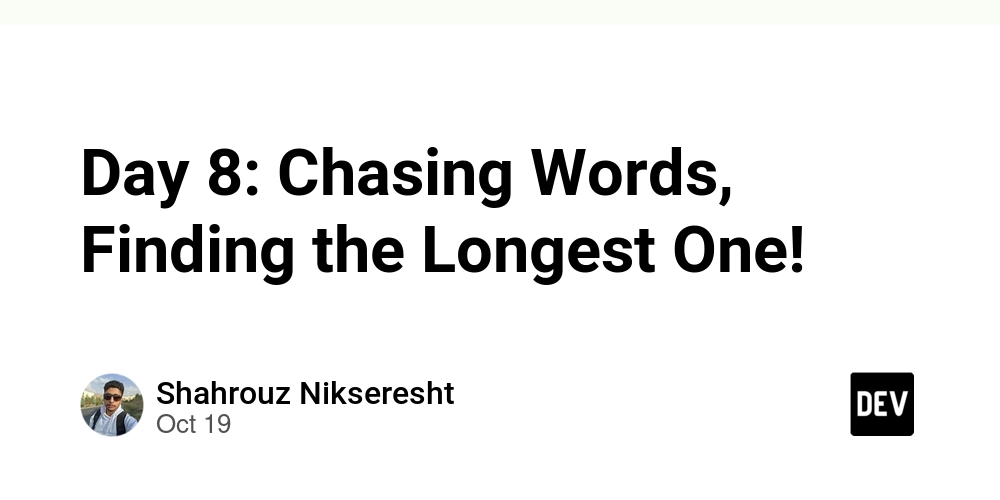I first came across these ideas in a Hungarian presentation, and they really made me think. In this article, I’d like to share my own interpretation and what it means to me, because I believe it’s relevant and could be useful for others as well.
Seniority is not just a title. It doesn’t simply reflect the number of years of development experience; it’s about a much deeper understanding. It doesn’t come from college or university, and it’s not something you earn with a degree. Seniority is a mindset—and much more.
Misconceptions About Senior Developers
There are many misconceptions about what it really means to be a senior developer. One common belief is that a senior developer “knows everything.” But the truth is quite different.
A senior developer doesn’t know everything — and they know that better than anyone else. They understand when to ask questions and who to ask. They don’t rush into coding right away; they think first. Instead of writing hundreds of lines of code, they write just a few lines that are truly necessary.
They don’t ask, “Does it work?” but rather, “Is it stable? Is it clean? Is it testable?” Working code is expected, but it’s not the final goal. They know when not to rewrite something, because stability is often more important than chasing the newest language or framework.
They document their work for the benefit of the team. In code reviews, they don’t criticize — they help others improve. They value communication because they know that poor communication leads to poor products.
A senior developer also knows that sometimes a quick release is better than waiting for a perfect architecture. They think independently of specific languages and technologies. They collaborate, solve problems as a team, and support their colleagues. Bugs are not disasters — but failing to learn from them is.
They know when to say no. They think in terms of CI/CD, staging, and production environments. They are mentors, but also sources of inspiration. Others follow them, not because of their title, but because of their actions and character.
They understand that technology is just a tool — the real goal is delivering business value. They can recognize scope creep and prevent it. They aren’t afraid to delete code, because fewer lines mean fewer mistakes.
They ask not only “What?” but also “Why?” They clarify business logic before writing a single line of code. If something is hard to understand, they simplify it, because complexity today is a bug tomorrow.
They write tests because they know that a production bug without tests will ultimately reflect on them. They are not afraid to ask the product owner for clarification, because one misunderstood specification can waste weeks of work.
Senior developers don’t just deliver features — they deliver stability, scalability, and predictability. They understand that the best code is often the least code. They don’t restrict themselves to just frontend or backend; instead, they understand the entire flow, from the API to the user experience. They also recognize that there’s no such thing as perfect code — only code that serves its purpose at the right time.
They show empathy, knowing that someone else will read their code in the future. They accept mistakes but also take responsibility for them. They know that titles mean little compared to the impact they create — and the fact that the team performs better because of their presence.
A Personal Note
I’m not a senior developer yet, but one day I hope to become one — and not just any senior, but the best I can possibly be. This guideline is a reminder for me to focus not only on specific skills, but on the whole mindset.
If you’re in the same shoes, I wish you all the best on this journey too. The journey to seniority is long, but every line of code, every question asked, and every lesson learned brings us closer.



